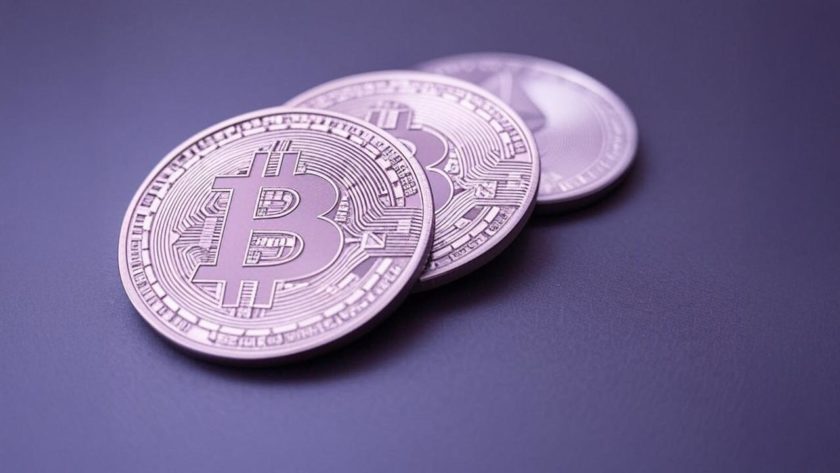The connections between trading app Robinhood, Citadel hedge fund, Melvin Capital, and GameStop are becoming clearer as the Internet burns with outrage over allegations of market manipulation.
Melvin Capital was one of the biggest players short-selling GameStop stock, or GME. When a number of Redditors — and gamers — on the r/Wallstreetbets subreddit pushed back against institutions trying to financially destroy the popular brick and mortar video game store, the price of GameStop shares shot up. This effectively turned the tables on Melvin and left the firm vulnerable, with its investors likely to lose billions.
However, Citadel and Point72 Asset Management came to the investment firm’s rescue on Monday, investing $2.75 billion in Melvin and patching the problem while the firm seemingly looked for more lasting solutions.
Within a few days, Robinhood would go on to restrict trading for GME and others, effectively preventing retail investors from purchasing more shares of the stocks. While still far higher than it was earlier this month, the price of GME has halved today, dropping from $462.42 to $231.57 as of the time of publication.
The fall in GME’s price would seemingly benefit Melvin at this point. However, for a trading app like Robinhood, which claims to “democratize finance for all,” many were questioning the motivations behind the platform suddenly restricting trades for many of the stocks Redditors were pumping.
According to a June report from the Financial Times, $39 million of Robinhood’s revenues from equities and options order flow came from Citadel Securities, a market maker sister firm of Citadel. At the time, this represented more than 35% of the trading platform’s revenues.
In summary, Citadel is one of Robinhood’s biggest customers. Citadel invested in Melvin, which is potentially facing trouble because a bunch of investors from Reddit decided they didn’t like a major hedge telling the market to crush GameStop. Many of the Redditors used Robinhood to buy GameStop shares. Now Robinhood has severely restricted trading for GameStop.
Citadel is an investor in Melvin Capital, which got run over by Wall Street Bets. Citadel is also Robinhood’s biggest customer.
— Tyler Winklevoss (@tyler) January 28, 2021
Whether this case can be proved to be market manipulation in a court of law has yet to be determined, but allegations on social media are abundant. Many are looking for communications between these hedge funds and Robinhood prior to the restricted trades that would prove Citadel “encouraged” the trading platform to play ball or that Robinhood gave them notice of its intent to stop buys for GameStop and others.
Twitch co-founder Justin Kan said on Twitter that he had received a tip alleging Citadel “reloaded their shorts” on GameStop before Robinhood suspended the buys. Dave Portnoy, the founder of Barstool Sports who briefly entered the crypto space last year, accused Point72 founder Steven Cohen of having a “strong hand in today’s criminal events to save hedge funds at the cost of ordinary people.” Cohen vehemently denied the accusations.
In the meantime, at least three U.S. lawmakers are calling for an investigation into Robinhood’s actions, and two class-action lawsuits have been filed against the trading platform in federal courts in Illinois and New York.
Democratic Senator Sherrod Brown also said today that he was planning to hold a hearing on “the current state of the stock market.” Though the lawmaker did not specifically mention GameStop or Robinhood, his announcement referenced Wall Street investors breaking the rules:
People on Wall Street only care about the rules when they’re the ones getting hurt.
It’s time for SEC and Congress to make the economy work for everyone.
As Incoming Chairman of the @SenateBanking Committee, I will be holding a hearing on the current state of the stock market. https://t.co/V9Hzp26jRT
— Sherrod Brown (@SenSherrodBrown) January 28, 2021
Cointelegraph reached out to Robinhood, but did not receive a response at the time of publication.




